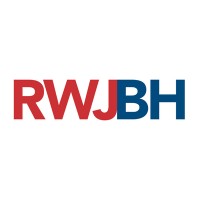
Vancouver Coastal Health
Join a team connected by collaboration, support and most importantly, the goal of providing quality patient care. We value career growth with employer-supported training, encourage a culture where everyone’s voice is heard and strive to create a supportive team environment. To learn more, visit vch.ca/careers Facebook - https://www.facebook.com/VCHhealthcare/ Twitter - https://twitter.com/VCHhealthcare YouTube - https://www.youtube.com/@VCHhealthcare Instagram - https://www.instagram.com/vchhealthcare/






